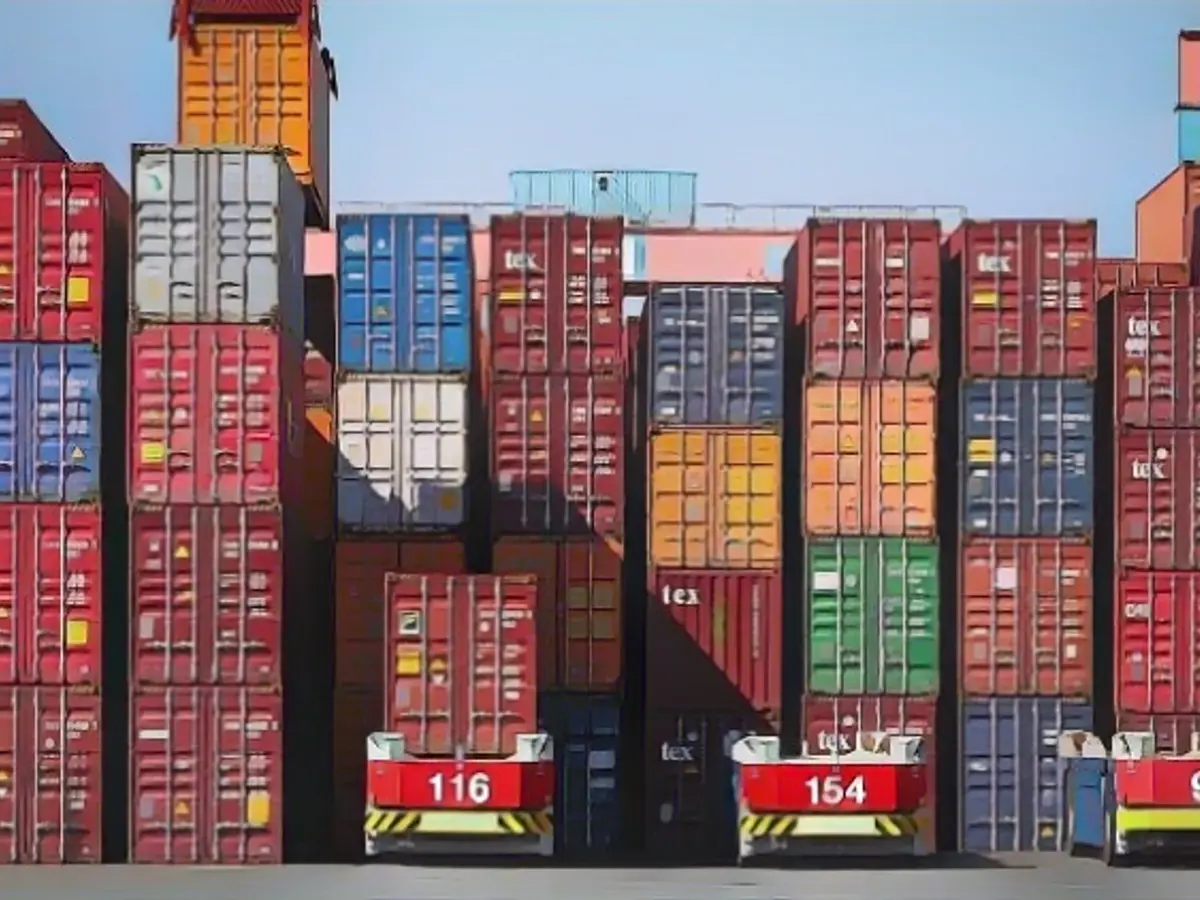EU Cracks Down on Unethical Business Practices
Millions of people worldwide grapple with exploitation and forced labor while large corporations reap the benefits. However, the tide is turning as the EU adopts a stringent supply chain law.
Negotiators from the European Parliament and member states have agreed on a legislation aiming to hold multinational corporations accountable for profiting from human rights violations, such as child labor or forced labor outside the EU. These companies will also be required to devise a strategy aligning with the Paris Agreement on climate change's objectives.
The impending supply chain law grants European courts the authority to hold companies liable for human rights infractions in their supply chains. Though the agreement is yet to gain Parliament and member states' approval, it is generally considered a formality.
Anna Cavazzini, the Internal Market Committee Chair in the EU Parliament, praised the day for human rights advancements. Regrettably, she voiced her desire for stricter rules regarding climate and environmental protection. Meanwhile, Green politician Cavazzini emphasized that the EU supply chain law surpasses the German one, thereby extending its scope and encompassing more firms.
German and business representatives raised concerns about potential bureaucracy and resulting disadvantages compared to third-country firms exempt from the regulations.
Key Insights:
- The supply chain law introduces stricter regulations and compliance measures for EU companies, requiring them to adhere to climate change objectives and human rights protection in their global supply chains.
- EU companies may face legal consequences in European courts should human rights violations like child or forced labor surface in their supply chains.
- By enacting this legislation, the EU aims to establish uniform standards, ensuring European and non-European companies adhere to both human rights and climate protection norms in the European market.
Related Articles:
Additional Information:
- The new law mandates companies to conduct diligence on human rights and environmental impact in their supply chains, preventing, and mitigating adverse effects.
- Companies must disclose adverse sustainability impacts, publish due diligence reports, and develop transition plans for climate change mitigation.
- This legislation applies to companies with 1,000 employees and a net turnover of €450 million, as well as foreign firms with EU turnover of €450 million.
- The directive requires companies to assess the sustainability impact on subsidiaries and business partners, ensuring their compliance with established standards.
- Fines, civil liability, and European Network of Supervisory Authorities (ENSA) enforcement will deter companies from violating regulations.
- Member states must transpose the CSDDD into national laws by July 26, 2026, phasing its application for several years.







